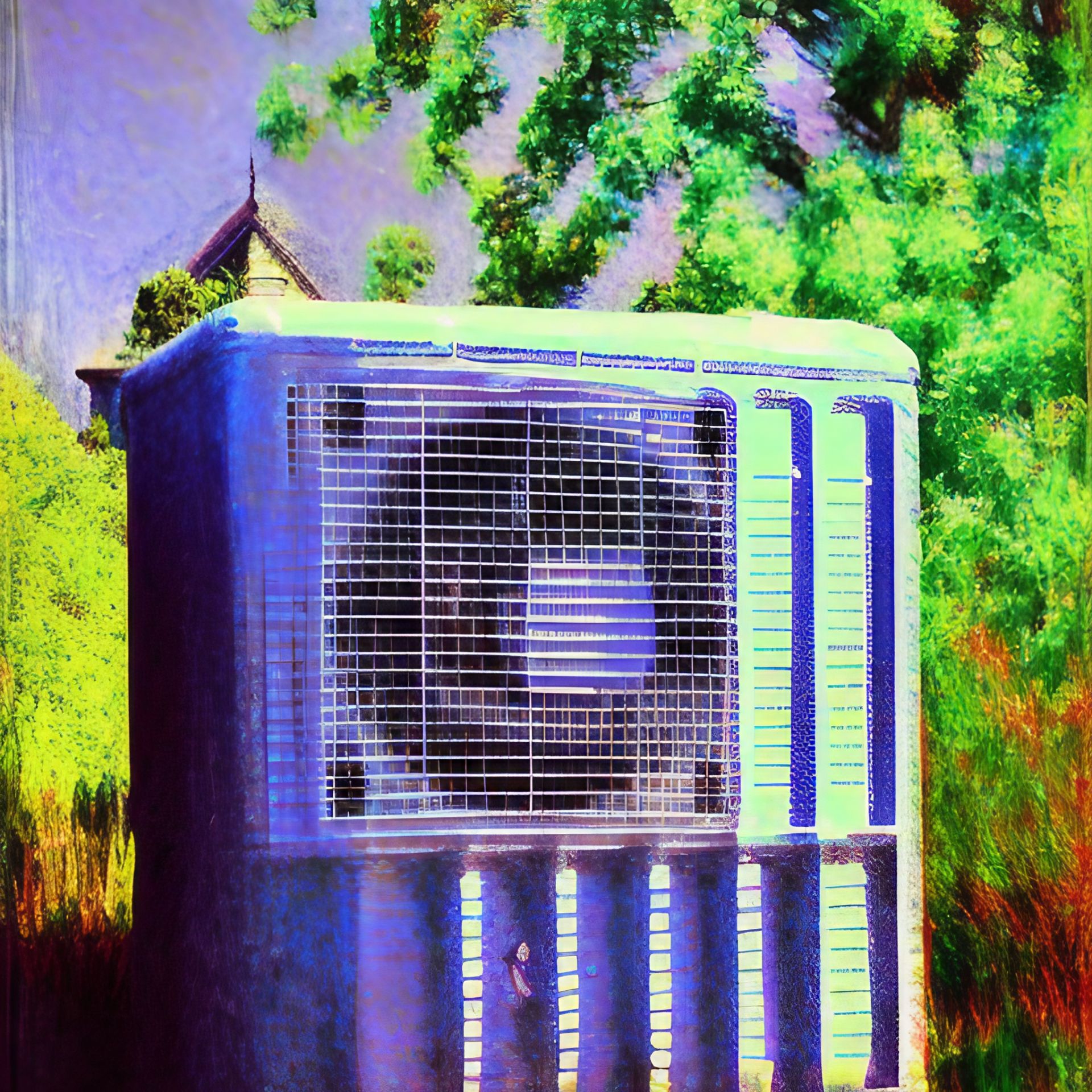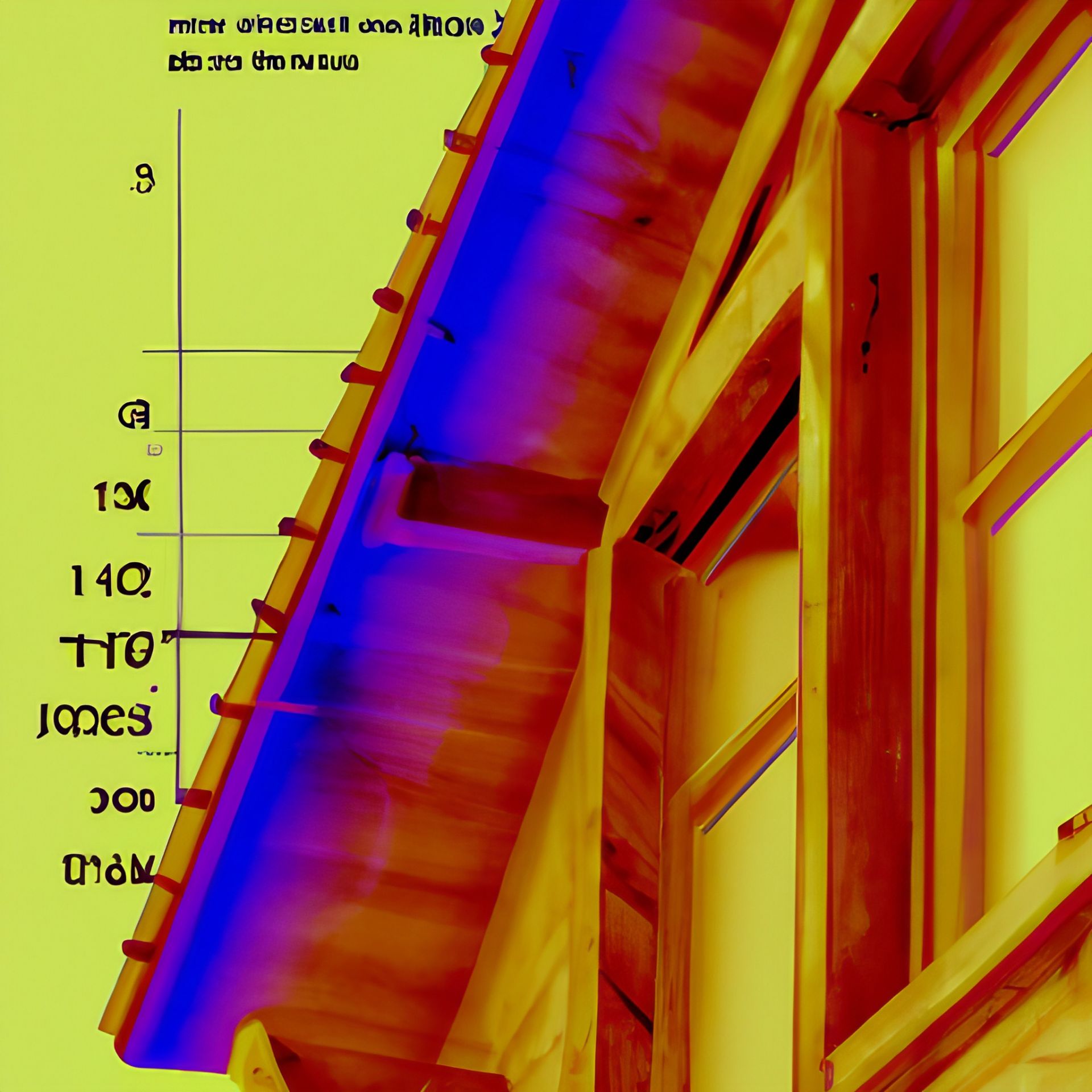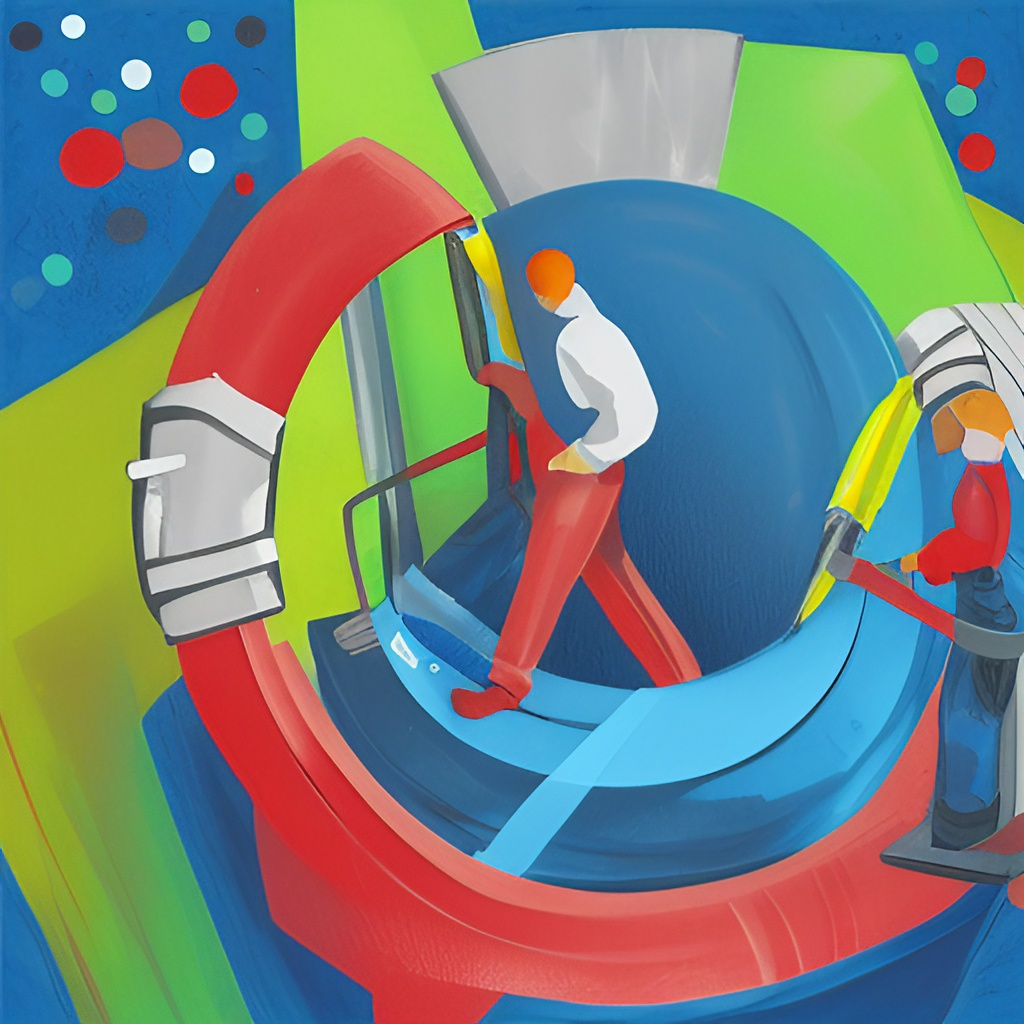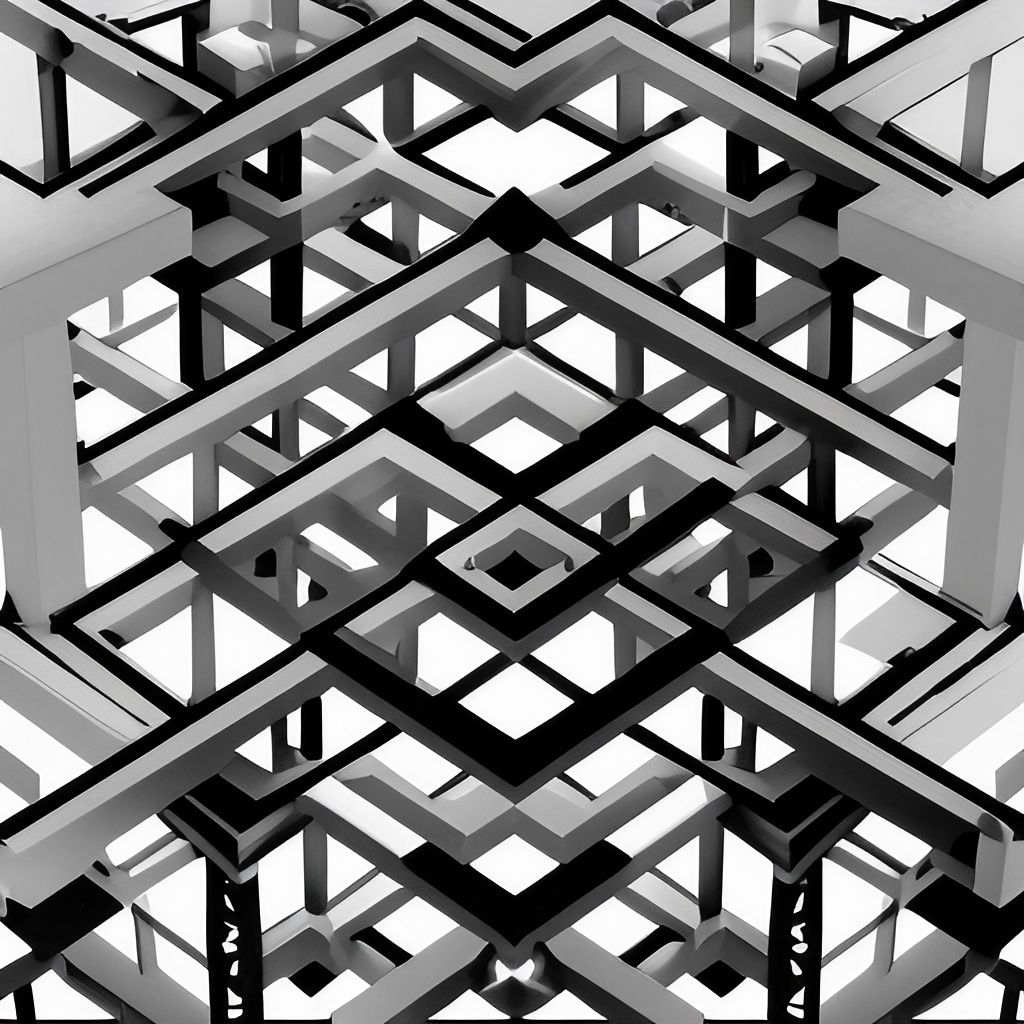What happens if an air conditioned isn't sized properly?
This is a subtitle for your new post
What happens if an air conditioner isn't sized properly?
If an air conditioning unit is not sized properly, it can have a number of negative impacts that can range from minor inconveniences to serious issues. First, if the system is too small for the space it is intended to cool, there may be inadequate cooling and an inability to maintain a comfortable temperature. This could result in overworked components due to the excessive strain on the system, leading to higher energy costs and a shortened lifespan of the unit. On the other hand, if the system is too large for its intended space, it will retain moisture and cause humidity levels to skyrocket. This can create comfort issues due to too much heat and moisture in certain parts of your home or business. Additionally, high humidity can lead to mold growth due to moisture collecting on walls or furniture in your home or business.
Not only could this result in health risks associated with mold exposure, but it can also lead to a decrease in indoor air quality overall as air pollutants are not adequately filtered out of the air when proper ventilation cannot be achieved. An over-sized system will also be inefficient as it will work harder than necessary when cooling an already comfortably chilled room and will therefore use more electricity than necessary resulting in higher utility bills. Lastly, an improperly sized HVAC system may produce more noise than usual from fans running constantly as they struggle to keep up with cooling demands.
In order to ensure you select an appropriately sized AC unit for your space, consult with a professional HVAC designer who has experience designing systems that meet both size requirements and energy efficiency standards. A good consultant will take into account multiple factors such as climate location, type of building structure (i.e., single family home vs multi-unit apartment complex), specific insulation needs based on window types present, etc; all of which may impact which type of AC unit is best suited for your particular property or dwelling type. In addition they should survey potential obstructions within spaces that could affect airflow such as furniture placement or kitchen island installations so they can make sure any proposed solutions won’t be impeded by these items prior to making their recommendations.
A professional HVAC designer should also be able calculate heat load based on square footage and climate zone using relevant calculations such as Manual J or ASHRAE standards before recommending any solutions so that you get an appropriately sized AC unit for your needs that is cost effective at meeting both short-term comfort needs while still having sufficient life expectancy. All these considerations ensure that you get the most optimal solution tailored specifically for your space so that you don’t lose money by getting stuck with an undersized or oversized unit.









